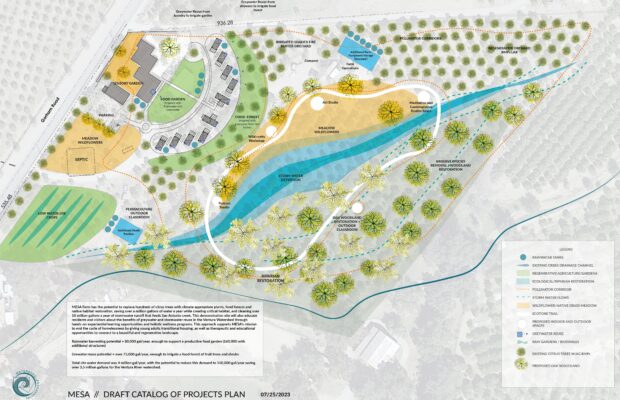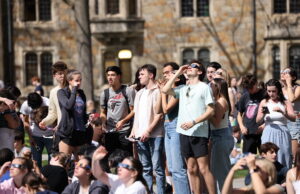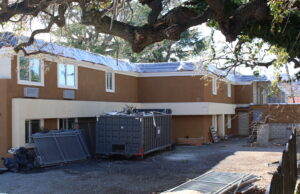Ojai non-profit uses Tiny Homes to combat homelessness

On Feb 16. 2022, in the second round of the California State-provided Project-Homekey grants, Mesa Farms, an Ojai-based non-profit, was awarded $4,229,800. This would go towards investing in the niche of building ten tiny homes that would provide a transitional supportive housing program for housing-insecure young adults aged 18-24. According to Mesa Farm’s executive director, Dan Parziale, the program is expected to begin in May 2024.
Mesa Farms sits on a ten-acre former citrus orchard on the outskirts of the Ojai Valley. There, it aims to provide a two-year maximum program specifically tailored to the needs of individual participants attempting to leave homelessness or escape being at risk of homelessness. Parziale argues in favor of Mesa’s unique individual program-based approach compared to the typical regiment programs that are the norm for many homeless shelters throughout the county. “I think ultimately we’re [going to] have better outcomes if people are creating their own path in the program,” Parziale said. Mesa’s two-year program contrasts with the standard 60-day program that many shelters provide. “We have time to really slow down and think about things like, how’s your mental health? Have you done therapy before? Would you want to maybe try that out and see how it goes?” Parziale said.
The decision to include the unique tiny homes in the program rather than the common congregate housing seen in many homeless shelters across the country is due to privacy and economical reasons, as Parziale mentions, “[With] being able to have a private space where you can close the door and it’s yours, you can learn about having your own space, taking care of your own things, and having privacy,” Parziale said. Saving money is necessary as Mesa Farms is a non-profit with no charge to the program participants, the tiny house model offer’s affordable housing units as Parziale notes, “We can get a lot of housing in a relatively small amount of space. It’s also a lot cheaper than building regular housing,” Parziale said.” Mesa is reliant on government grants, private philanthropy, and government housing subsidies from participants. Parziale estimated the cost to be $700,000 per year to run the program.
Through the Mesa Program, Parziale cites a need for transitional housing for young adults in the fight against homelessness, “We’re seeing homelessness grow every single year. If we can stop homelessness before it starts, that’s going to be a much more effective way of dealing with this.” Parziale said, which he further details and invokes a need for more specialized programs for a young demographic. “ I believe that everyone deserves a shot, everyone deserves a chance to live the life that they want for themselves. That’s hard to do when you’ve experienced a ton of instability, a ton of trauma, and now you’re on your own, trying to figure things out. We’re telling kids, go to school, get a job, all the while they’re trying to find a place to sleep at night. It’s very difficult to take care of all those other things, especially when you’re on the street; things get bad quickly,” Parziale said.



